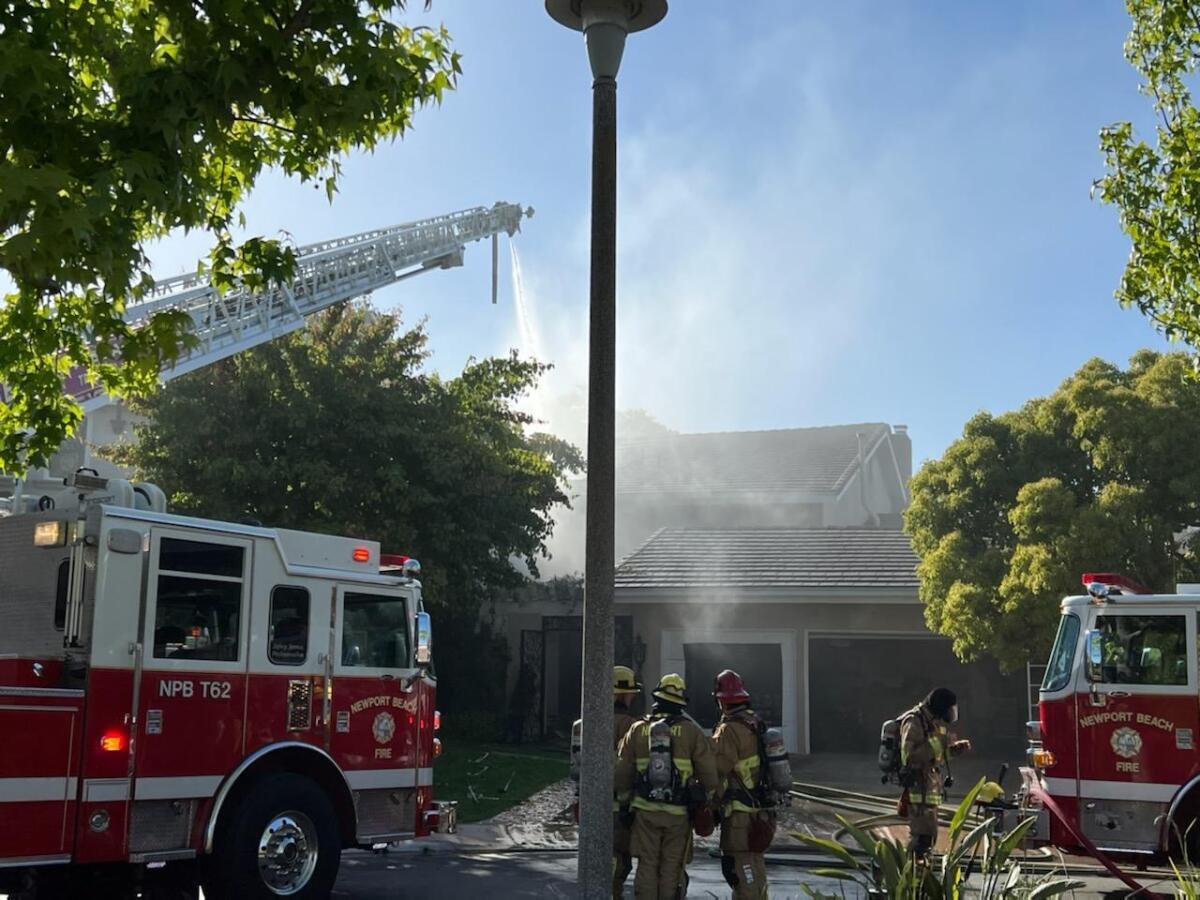A Word, Please: Inflammable, flammable and other confusing similar-sounding words

We’ve all been there: You’re about to write or say a word when you realize there are two forms and you don’t know which is correct. One of them is shorter, like dissociate, the other seems more logical, like disassociate.
Maybe you’re struggling to choose between preventive and preventative. Or recur vs. reoccur, dissemble vs. disassemble, mischievous vs. mischievious, flammable vs. inflammable, comment vs. commentate.
Which do you choose? And how do you know?
Sometimes in language there’s a blanket solution, like “The one that sounds best is probably best.” But with these word pairs, there’s no one-size-fits-all strategy. The only way to be sure is to look them up.
Here are some word pairs you can only navigate with a dictionary.
Disassociate/dissociate. I’ve never been comfortable with either of these words. They both sound a little wrong to me. So I usually find a workaround, like “avoid” or “not associate with” or “sever ties with.” Now that I’ve finally looked them up, I can see that all my mental gymnastics were unnecessary: dissociate and disassociate are synonyms, according to Merriam-Webster’s Collegiate Dictionary, which argues that playing favorites here is silly: “Dissociate is recommended by a number of commentators on the basis that it is shorter, which it is by a grand total of two letters — not the firmest ground for an endorsement. Both words are in current good use, but disassociate is used more often in the U.S.”
Disassemble/dissemble. If English were logical, disassemble/dissemble would work just like dissociate/disassociate. But it’s not, so these words have two completely different meanings. To disassemble means to take something apart — to do the opposite of assembling it. But to dissemble means to lie or otherwise misrepresent something. They’re not interchangeable.
Mischievous/mischievious. Size-wise, the difference between these two words is negligible — just one tiny, unobtrusive little “i.” But in every other regard, the difference is huge: Mischievious, with that extra “i,” isn’t a legitimate word in Merriam’s dictionary. When you want to say someone is full of mischief, the only correct choice is “mischievous.” And when you say it out loud, it should contain three syllables, not four, which is considered a nonstandard pronunciation.
Recur/reoccur: Recur means to happen again. So does reoccur, which we get from adding “occur,” meaning to happen, to the prefix “re,” meaning again. So to say something happens again, you can either use “recur,” which is already listed in dictionaries, or slap a prefix and a word together to get “reoccur.” Both are legitimate, but there’s a subtle difference in how they’re used. “‘Reoccur’ and ‘reoccurrence’ are the more basic words; they simply tell you that something happened again,” writes Merriam-Webster’s Dictionary of English Usage. “‘Recur’ and especially ‘recurrence’ can suggest a periodic or frequent repetition, as well as the simpler notion.”
Comment/commentate: This one surprised me. I assumed “commentate” was an illegitimate word people made up when they want to say what commentators do but feel that “comment” sounds too generic. After all, anyone can comment, but only commentators commentate. I assumed people were assuming this. And you know what happens when we assume. Here’s the dictionary entry that proves I was wrong and that “commentate” is actually legit: “commentate: verb. To give commentary on.”
Preventive/preventative. Both these words are acceptable, but the shorter form is strongly preferred in the publishing world. If you want your writing to carry the gravitas of professional journalism, stick with “preventive.”
Flammable/inflammable. Famously, these two seemingly opposite words are actually synonyms. But if combustible means the opposite of incombustible, then why does “inflammable” mean the same thing as “flammable”? “Inflammable” doesn’t use the prefix “in” to mean “not” the way “incombustible” does. Instead, “inflammable” comes from Latin inflammare (“to inflame”), with its “in” meaning “in” or “into,” so the whole word means “into flames.”
June Casagrande is the author of “The Joy of Syntax: A Simple Guide to All the Grammar You Know You Should Know.” She can be reached at [email protected].
All the latest on Orange County from Orange County.
Get our free TimesOC newsletter.
You may occasionally receive promotional content from the Daily Pilot.



